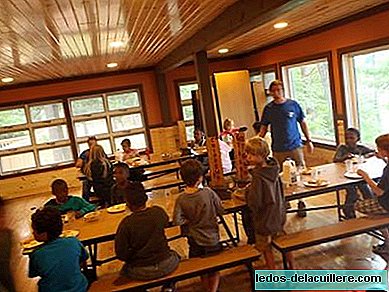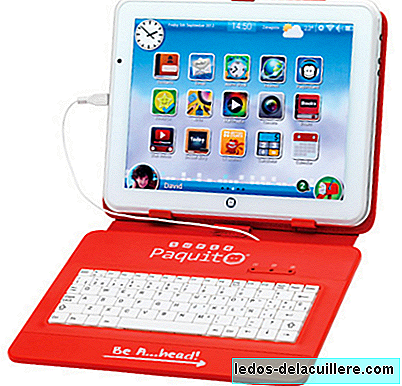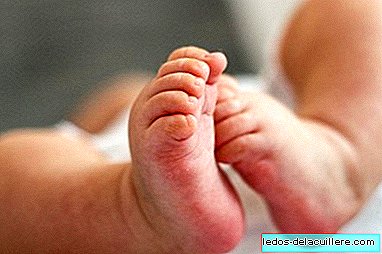
All places where children are present and live together must have protocols on how to act in the event that the children have allergies.
The president of the Spanish Society of Clinical Immunology and Pediatric Asthma (SEICAP) states that one in five children has allergies, and one in ten is asthmatic. That's why all the people who take care of them children should have training in childhood allergies.
Also the monitors and caregivers of camps, however in Spain there are no national and agreed protocols for non-medical professionals in contact with children. The situation has only one exception, which is Galicia, and the School Alert program will begin working in the Balearic Islands next year (to identify children at risk). We offer you a list of Recommendations addressed to monitors and teachers of summer camps, with eight guidelines on how to act in case of anaphylactic reaction or shock.
I believe that the document, which we transcribe, and to which we provide you with access, is very important, both to ensure proper attention to allergic minors, such as for giving security to staff working with minors in summer activities:
1. Appoint a person in charge.
In case the camp does not have a nursing service, a responsible person in charge of the care of the child with allergies or asthma should be appointed and know how to act in case of reaction. They should take special care during meals, as well as in outdoor activities due to possible contact with allergens. This person will also have to make sure that the child at risk is identified by all camp staff.
2. Have the medical report.
This person in charge must have a copy of the diagnosis and treatment report prepared by the pediatric specialist. Said document will be provided by the child's parents or guardians.
3. Train the camp staff.
It is important that both the assigned person and others who are going to take care of these children receive training from a healthcare professional. So you can acquire learn measures to perform allergen avoidance, recognition and emergency treatment in case of an allergic reaction. In addition, the kitchen and dining room staff should be informed about the food allergies that children may have.
4. Guard and administer the medication.
The person in charge must keep the medication, inhalers or self-injectable adrenaline, in a safe place but accessible in case of emergency. Likewise, you will have to know how to administer it in case it is necessary and urgent.
5. Identify and evaluate the type of reaction.
Trained personnel should know how to identify and evaluate what type of symptoms the child is manifesting in order to administer the correct treatment.
The most common symptoms are:
Itchy or mild rash on the mouth and lips; hives, hives or itching of limbs or other area of the body; redness and tearing of the eyes; repetitive sneezing, nasal itching and heavy runny nose.
Severe symptoms:
Hoarseness, closed throat, repetitive cough and swelling in tongue, eyelids, lips or ears; shortness of breath, exhaustion, skin or bluish lips; weak pulse, low blood pressure, fainting and paleness.
6. Act quickly and safely:
NEVER leave the child alone; Call the emergency room and communicate the allergic reaction. Even if the child's parent or legal guardian cannot be contacted, do not hesitate to administer the corresponding medication; After administering the medication, the child should ALWAYS be taken to a medical center.
7. Administer self-injectable adrenaline.
Early administration of adrenaline is recommended for the most common symptoms, to prevent its progression to a severe reaction and, in case of this, it must be used in a mandatory way.
To use it, it will be removed from the tube, the gray cap will be removed from the most part, the narrow part will rest on the thigh, in the area with more muscle, and then it will be pressed down hard
8. Have the relevant authorization.
The camp must have immunity against legal charges for the consequences of administering emergency or rescue medication. Thus It is advisable to have a permit, duly signed by the parents or guardians of the child.
Be a director or monitor of a holiday camp It is a job of great responsibility taking into account that the activities are carried out in a context of unregulated training, adding to this factor the confluence of children from diverse backgrounds who do not have to know each other, and with whom a lot of energy is needed to start up activities that work.
I believe that training monitors is a small effort for companies, compared to the benefit obtained. In addition, in return, workers are made to feel more secure in the performance of their duties. They are people who will be in charge of many children for 15 days or a month, and it is about avoiding risks, while learning to act quickly when unforeseen events occur.
I thank SEICAP for the document we present today, because it really is very necessary.












